Key Takeaways:
-
EEAT Shapes Content Credibility
Google uses EEAT (Experience, Expertise, Authoritativeness, Trustworthiness) to assess the quality of content and its creators, even though it's not a direct ranking factor. -
Online Reputation Influences EEAT Signals
Reviews, social media mentions, and backlinks serve as third-party credibility signals that help Google evaluate your trustworthiness and authority. -
Experience and Expertise Must Be Demonstrated
First-hand experience, expert credentials, and transparent author bios make content more authentic and valuable in Google's eyes. -
Authority Is Built Through Mentions and Links
Being cited by reputable websites, featured in media, or linked by trusted sources boosts your authority score within the EEAT framework. -
Trust Is Earned Through Transparency
Clear contact information, privacy policies, and public engagement (like responding to reviews) show accountability and build user trust. -
Poor Practices Can Damage Your EEAT Score
Publishing anonymous content, ignoring negative reviews, or using low-quality AI-generated content can harm both your EEAT signals and your online reputation.
With the constantly changing search engine algorithm, Google EEAT and reputation have become among the most important factors in earning and maintaining high rankings. EEAT is an acronym that refers to Experience, Expertise, Authoritativeness, and Trustworthiness – concepts presented within Google Search Quality Evaluator Guidelines.
Although EEAT is not directly a ranking factor, it is a major factor in the process of Google evaluating the quality and credibility of websites and content creators.
Online reputation has become a crucial factor in interpreting EEAT signals. Be it a blogger, business, or news site, your perception online will directly influence how Google appreciates your existence.
What is Google EEAT?
Google EEAT is a framework that reviews the content beyond basic keyword optimization. It examines:
-
Experience: Has the writer experienced or utilized himself the product, situation, or service being written about?
-
Expertise: Is the information provided by a qualified or knowledgeable source?
-
Authoritativeness: Is the creator or brand well-known within their business or field?
-
Credibility: Is the information truthful, clear, and reliable?
Google uses EEAT particularly in YMYL (Your Money or Your Life) topics, such as health, financial, and legal recommendations, where incorrect information may have severe ramifications.
Understanding Online Reputation in the Digital Landscape
Online reputation is the virtual image of a brand or an individual, and this has practical implications. Such a reputation is conditioned by different signals on the internet, such as:
-
Reviews and ratings with stars that customers leave on such websites as Google, Trustpilot, and Yelp.
-
Websites like Reddit and Quora, where you get user-submitted content in forums.
-
Opinions of the people posted on social media.
-
Citation in online news reports and backlink pages.
-
Recognition by high-ranking/authoritative organizations, such as credit ratings, e.g., BBB (Better Business Bureau) ratings, industry accreditation, etc.
The combination of all these factors is capable of appearing as strong third-party confirmations of your credibility and trustworthiness. These clues are then used by the likes of Google search engines to determine whether your brand is worthy of placement at the highest point of search results.
What this means is that online reputation is not only about what people say about you or your company, but also whether the internet does or believes that you deserve it.
The Relationship Between Google EEAT and Reputation
The connection between Google EEAT and reputation has many different angles. Let us look upon them:
Credibility and Public Perception
The spine of EEAT is trust/credibility. Google examines your trustworthiness through the eyes of users by analyzing user-created signals, including online reviews, site safety, conspicuous contact information, and clear policies. Trust signals can be crushed by negative reviews, unresolved complaints, or even suspicious activity.
Authoritativeness via Mentions and Links
Authority is derived through outside approval. When other high-ranking websites on the internet refer to you, cite you, or otherwise mention your brand, Google takes it as an indication that your site is also an authority in your niche. All of these mentions in the media, scholarly references, and appearances on authoritative resources reinforce this EEAT element.
Expertise Tied to Content Creators
Google analyzes the credentials and the open profiles of the content developers. An article about finance written by a licensed financial planner or a blog post about medicine written by a licensed physician is what Google considers more valuable than anonymous, generic content. The online reputation in this case consists of credentials, LinkedIn profiles, and published work.
Experience Through First-Hand Insight
Evidence of experience is shown by real-life, personal contributions. This may be in the form of product reviews, real-life case studies, customer testimonials, or service walk-throughs. Content that shows first-hand real experience can also contribute to building a sense of authenticity and will connect better with users and search engines.
Strategies to Improve EEAT Through Online Reputation
Google immensely relies on third-party signals to decide whether your content can be trusted, your brand can be trusted, and your website can be showcased at the top of the search results. This is how you can manage your reputation online strategically in a way that is consistent with the EEAT best practices:
Strategy 1: Post articles that have bylines and verified author bios. Always attribute your articles to the real names of authors with proper credentials. Confirmed authority will not only create credibility among readers but also pass massive credibility signals to Google.
Strategy 2: Get good customer reviews and reply to them in a public manner. Google considers engagement as an indication of accountability and user-centric service.
Strategy 3: Be featured on high-quality websites through PR or a guest post. These third-party endorsements work as significant recommendations of your expertise.
Strategy 4: Be transparent through the About (detailing your mission, leadership, and company background), Contact (verifiable address, emails, and phone numbers), and Privacy pages (terms of service).
Strategy 5: Add structured data (schema) to make Google comprehend your site and team. A good schema will not just make your pages look better in the search engine results (e.g., rich snippet), but will help inform Google about your legitimacy, site structure, and content quality.
Common Mistakes That Undermine EEAT and Reputation
There are a few wrong steps that can gravely harm EEAT and your online reputation. Such practices undermine your authority and credibility, as far as users and search engines are concerned.
Mistake 1: Publishing anonymous or low-credibility texts.
Mistake 2: Deleting or ignoring negative reviews without responding to them.
Mistake 3: Deficit of credentials or transparency in expertise-driven content.
Mistake 4: Depending too much on AI-generated or thin content, without any personal insights.
Conclusion
The relationship between Google EEAT and reputation can hardly be denied. EEAT is a way that Google understands quality, and reputation is one of the major prisms through which this understanding occurs. An excellent online reputation boosts all aspects of EEAT, including demonstrating experience and expertise, as well as gaining authority and trust.
With the search environment being dominated by trustworthiness and authenticity, it is no longer optional to worry about both your content and how you are viewed publicly. It is a strategic requirement. If you develop your online reputation thoughtfully, you will gain a long-term effect both in the rankings and in user loyalty.
Furthermore, if you are looking to enhance your online reputation, then buy Google Reviews from BuyReviewz and grow your business seamlessly.
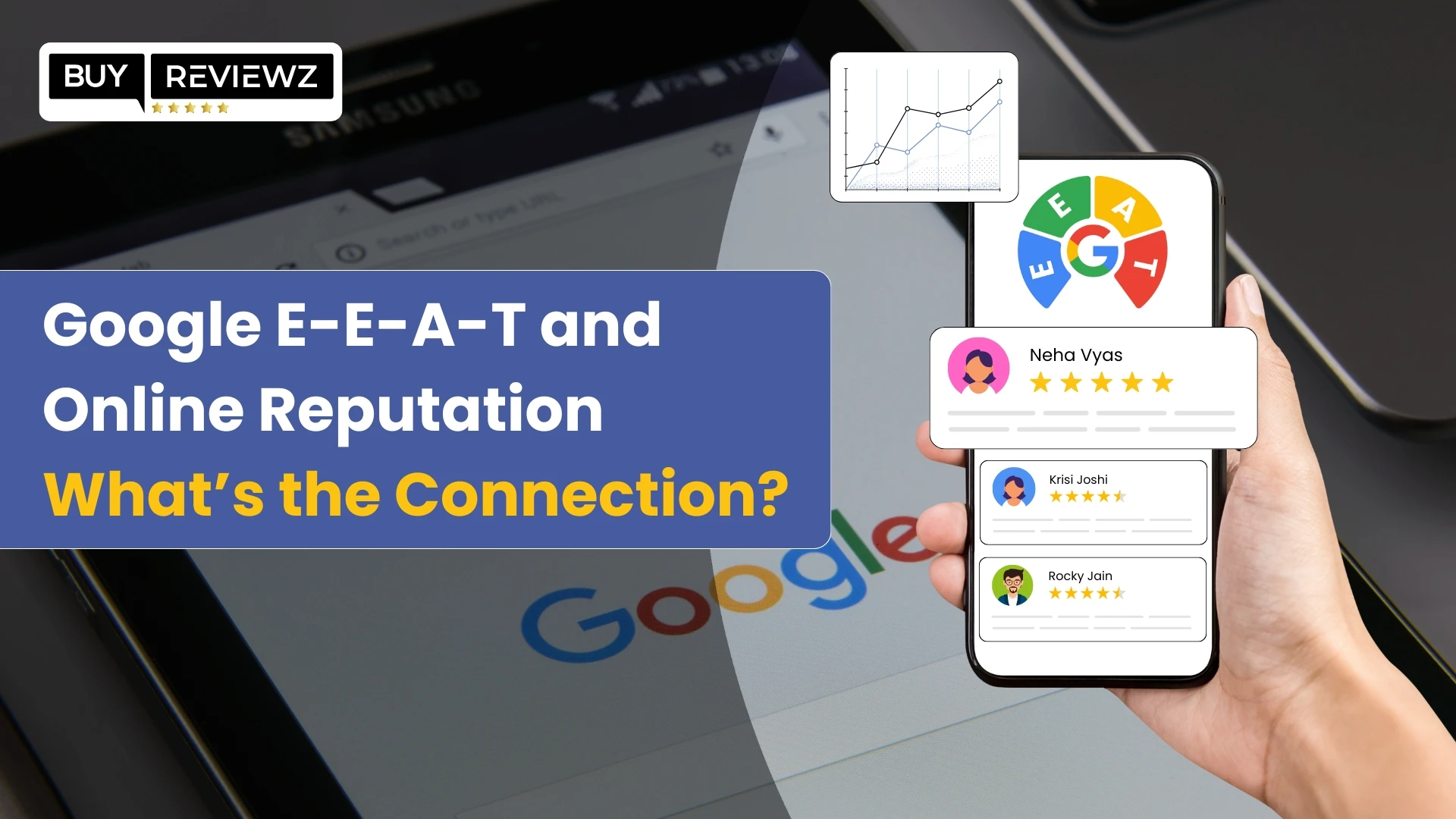

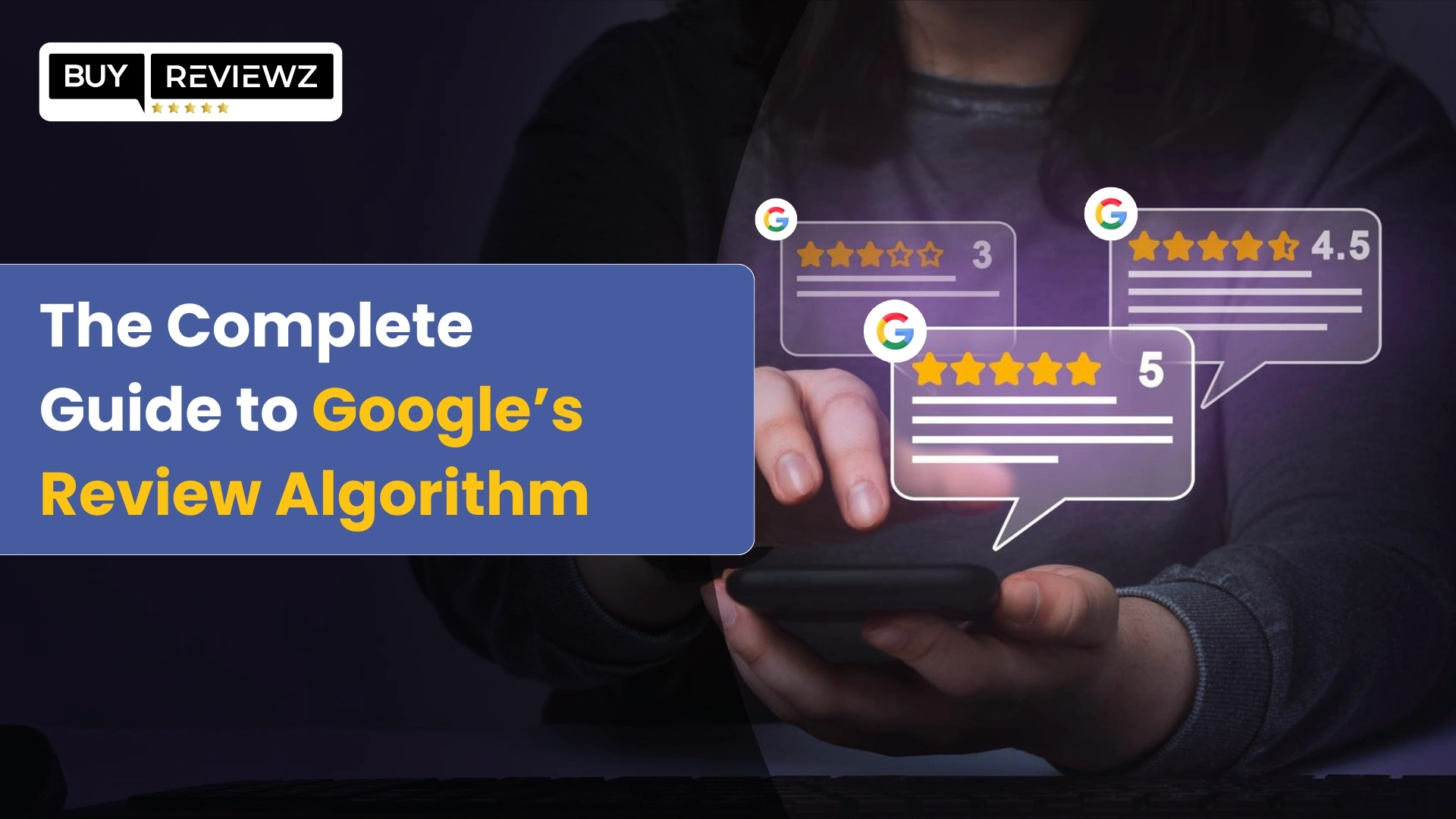
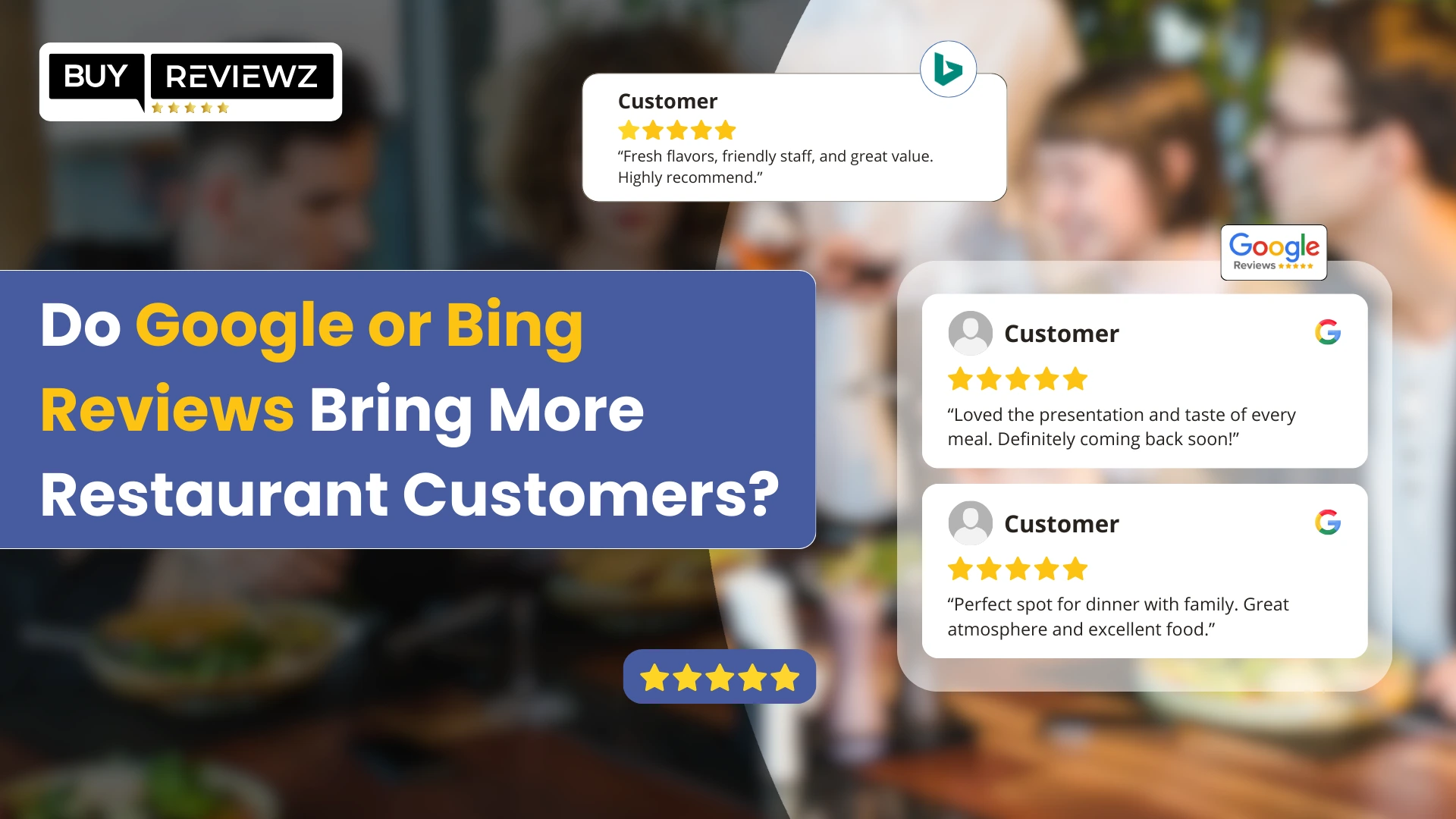
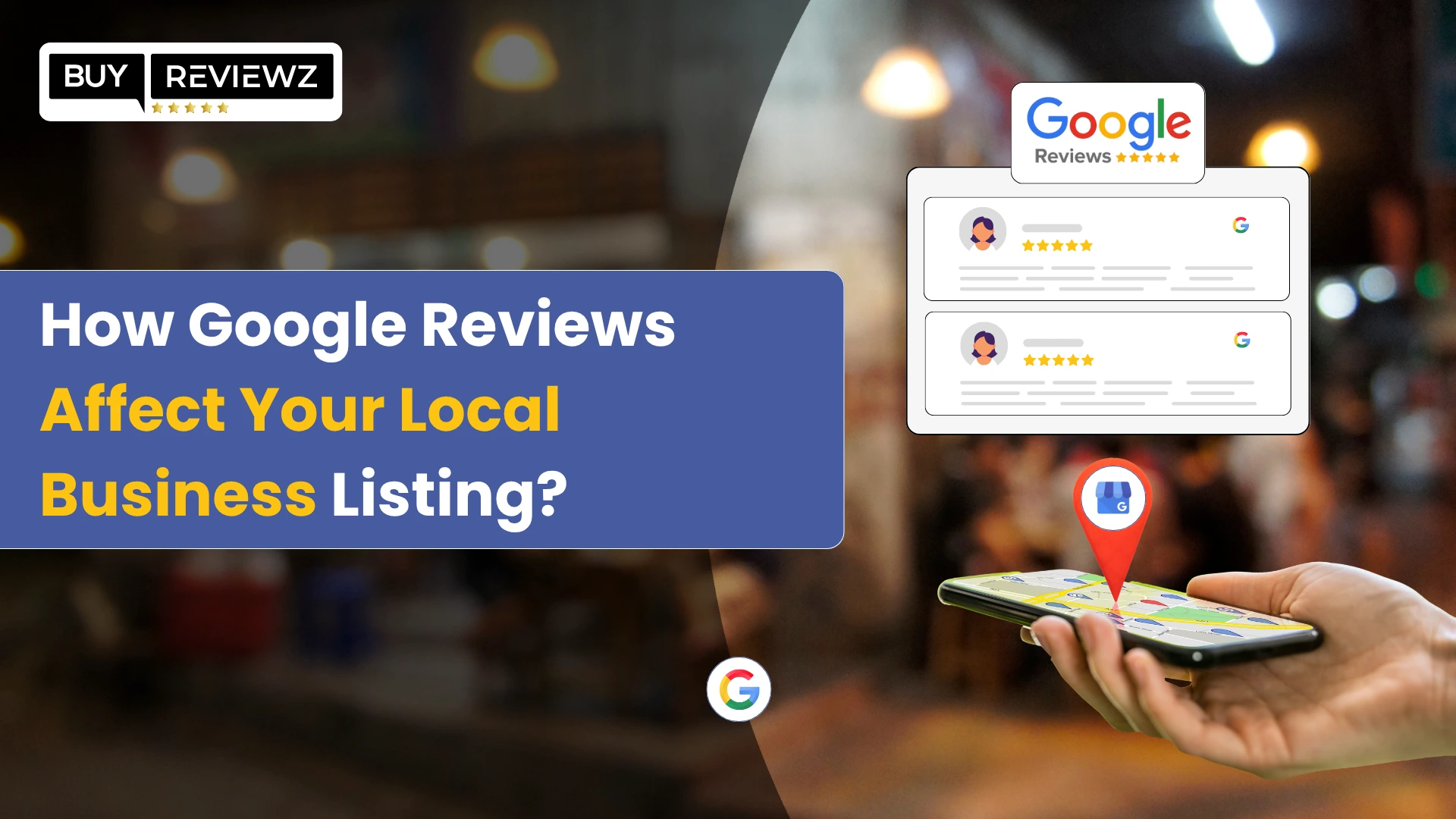

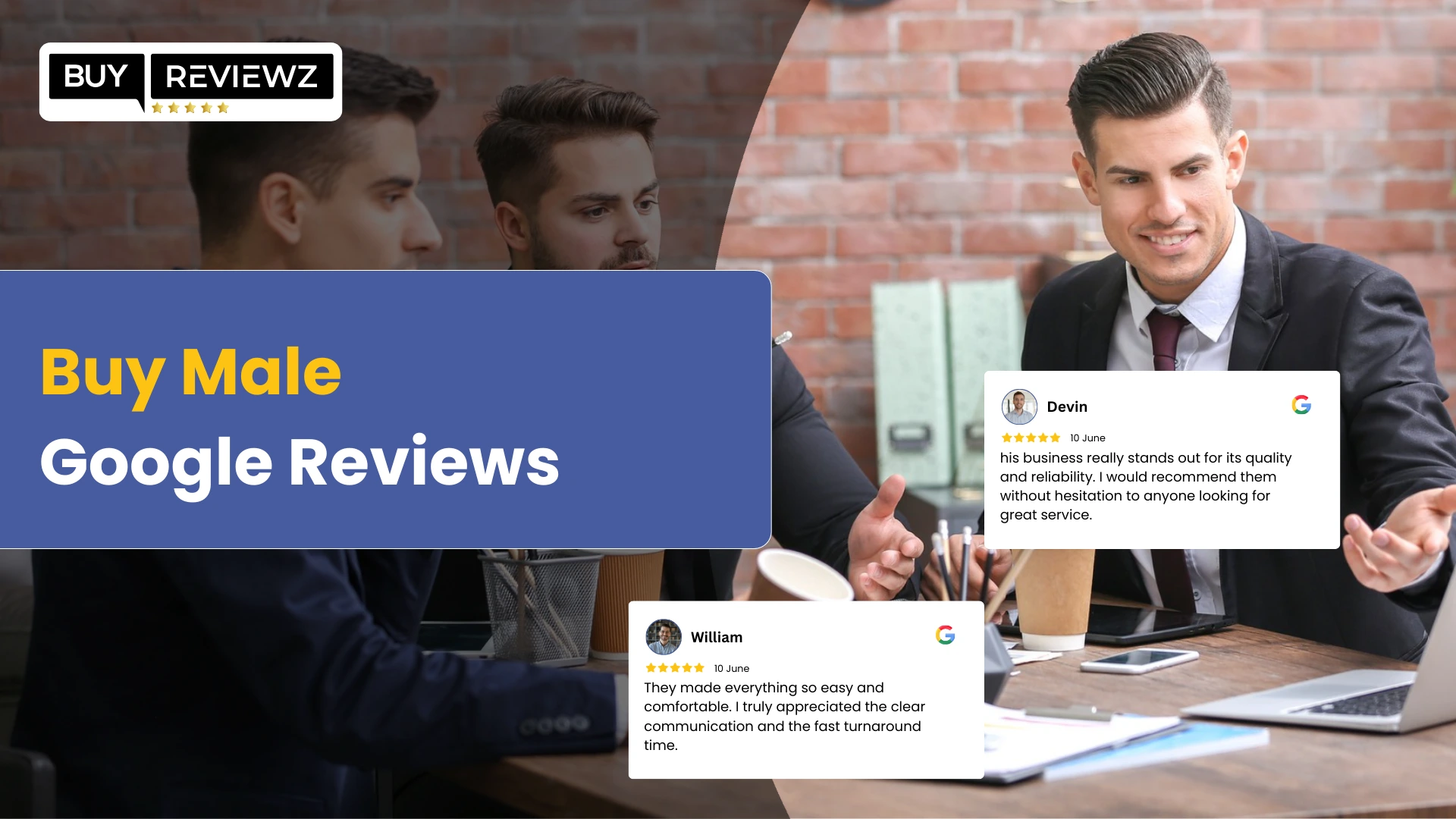
 Google Business Reviews API: A Complete Guide
Google Business Reviews API: A Complete Guide
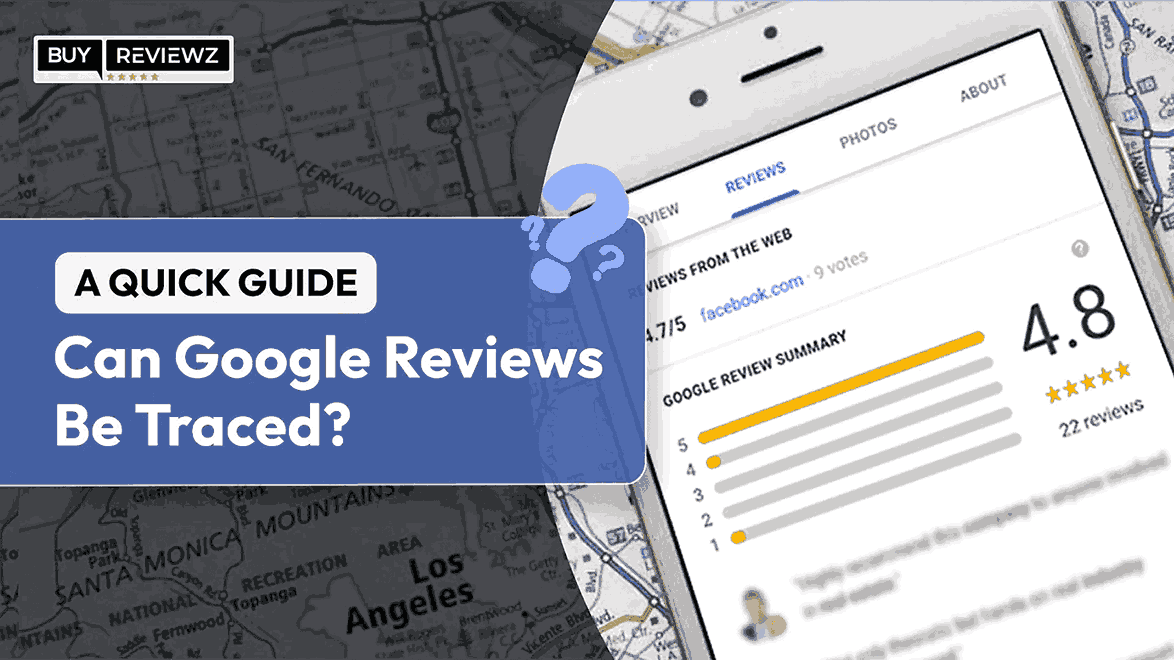 Can Google Reviews Be Traced? A Quick Guide
Can Google Reviews Be Traced? A Quick Guide
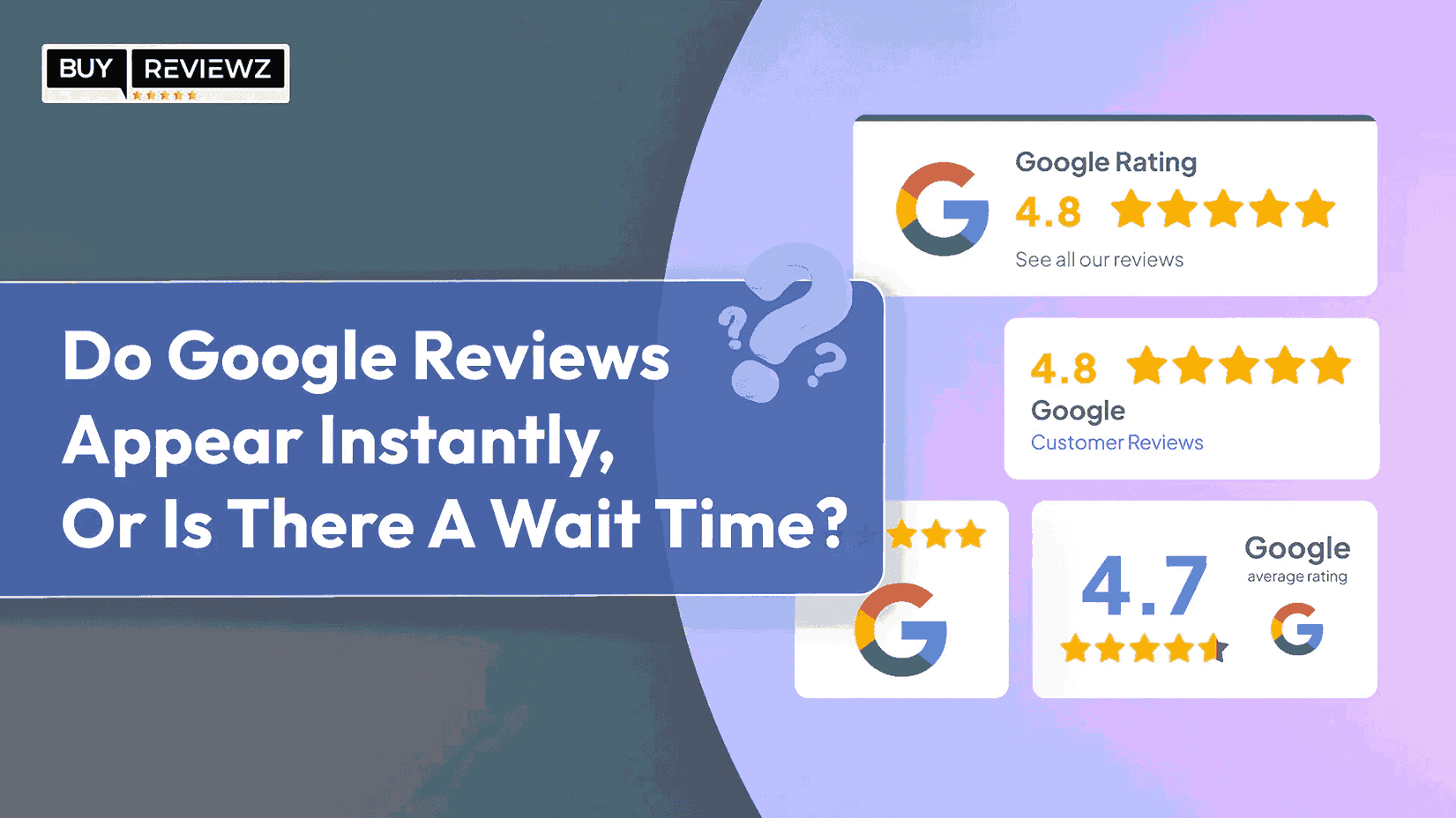 Do Google Reviews Appear Instantly or Is There A Wait Time?
Do Google Reviews Appear Instantly or Is There A Wait Time?